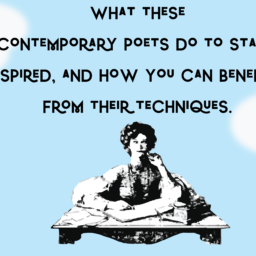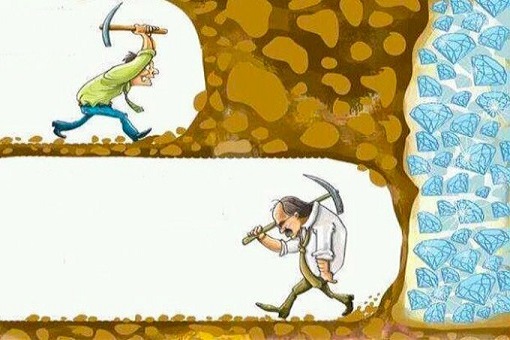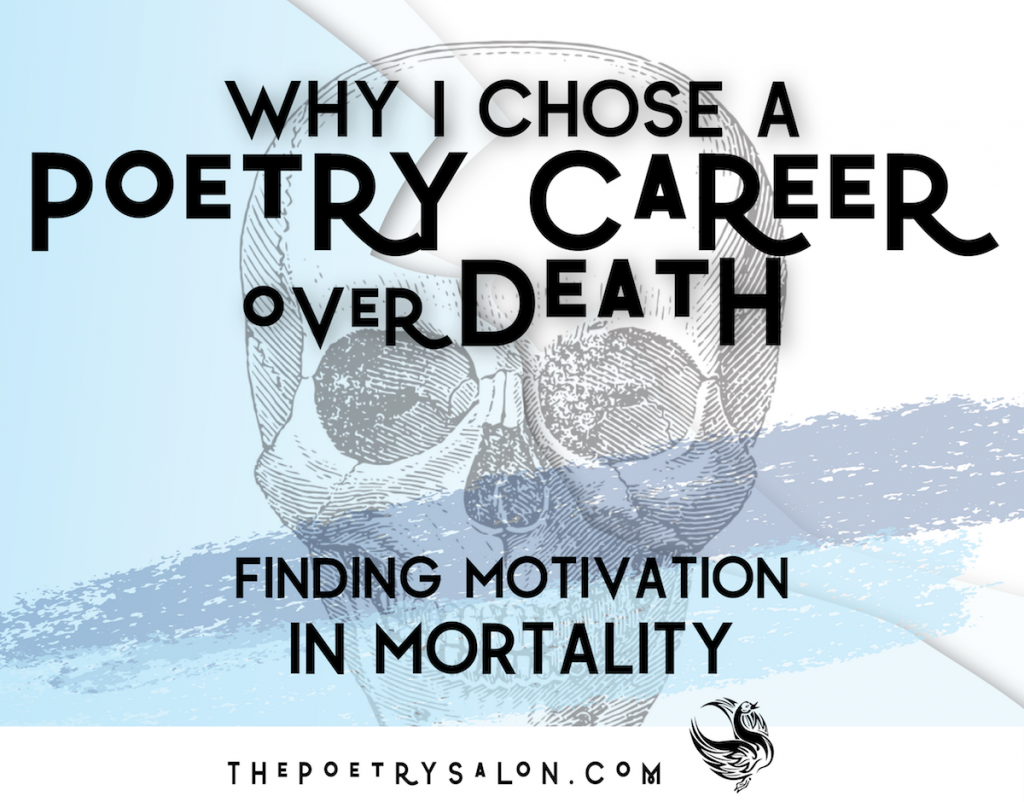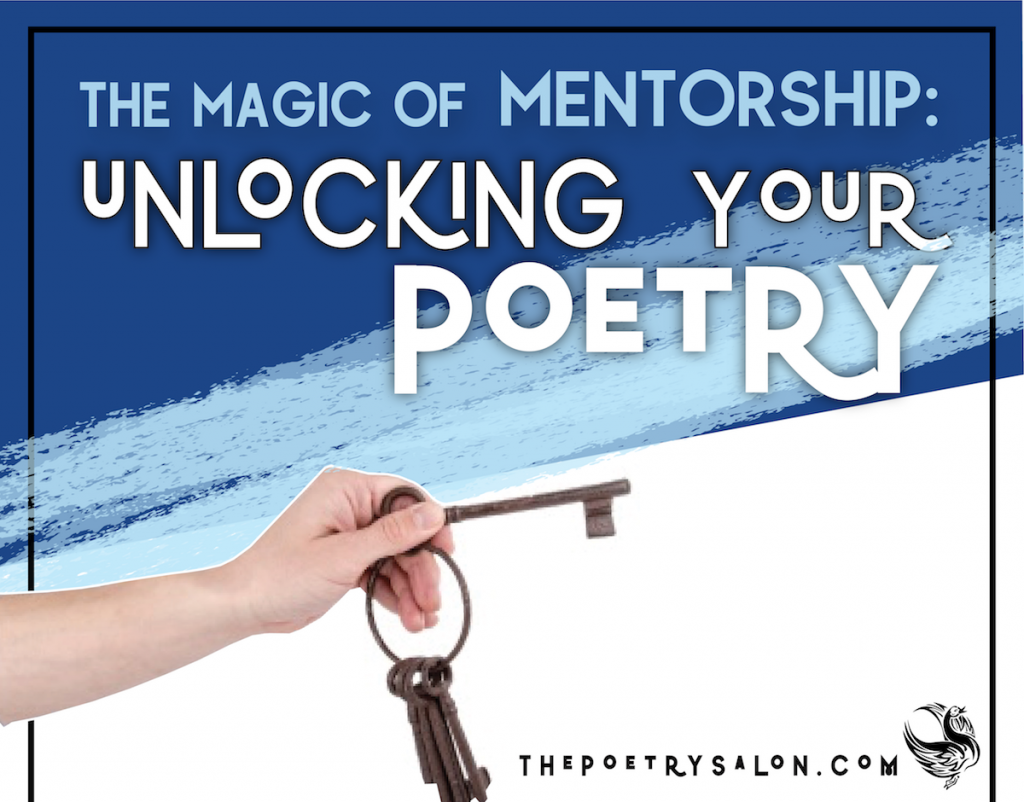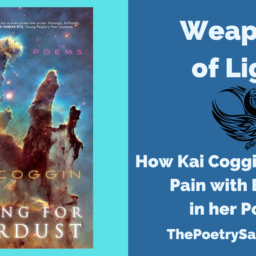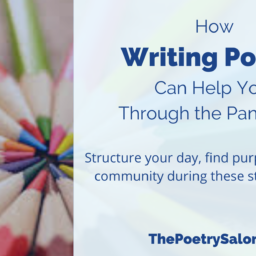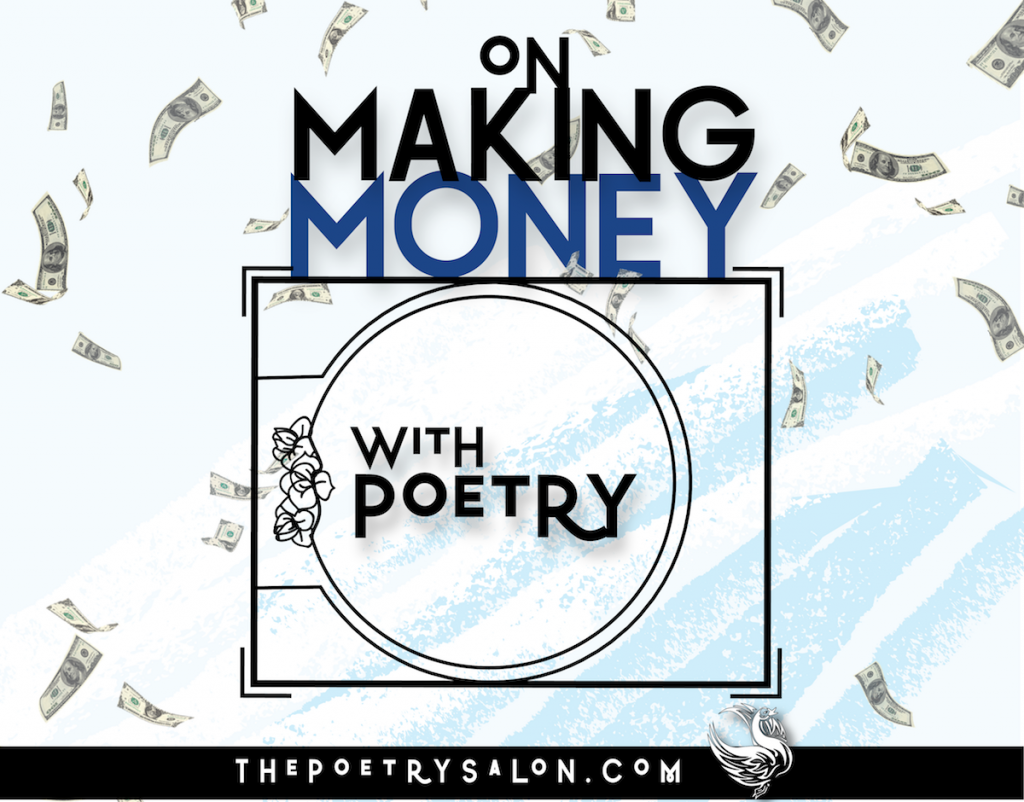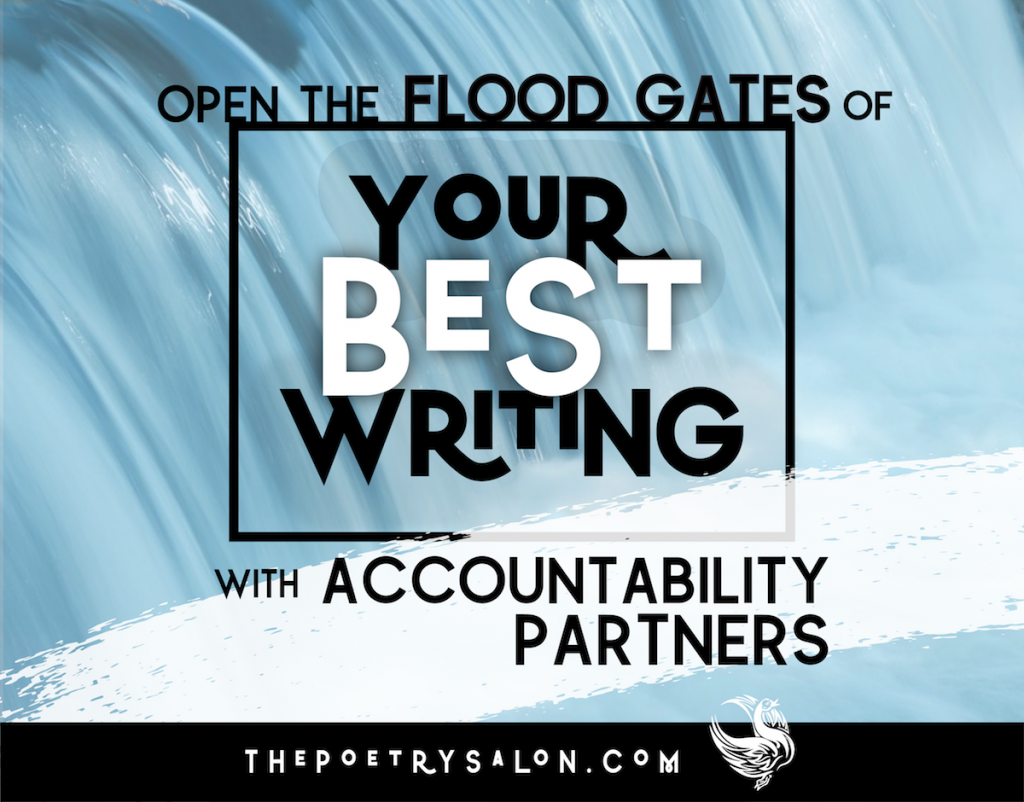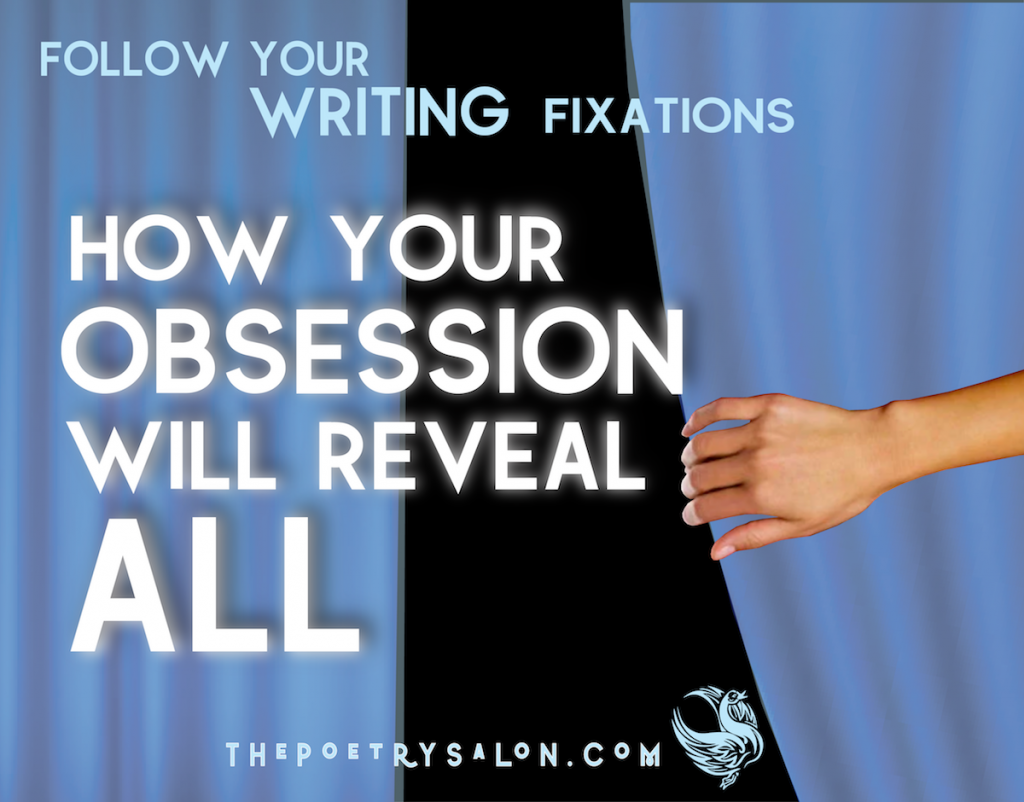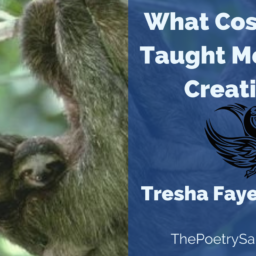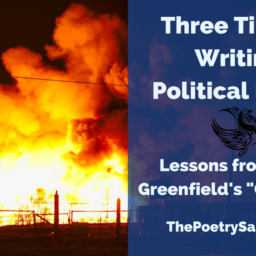
Click the triangle below to hear Allen Rubinstein read this post:
I never have writer’s block, and my husband hates me for it.
If you ask him, or any of my friends or family really, they will affirm that expressing what I’m thinking is not my issue. There are no end of things to discuss and no end to my valuable opinions about them, and since most of my friends know this and avoid taking my calls as a result, I have nobody to tell about my opinions except the page. The page never talks back. It’s a great listener. When I write a first draft, I don’t care if it is good because I can always delete it before some analog human comes along with opinions that are different than mine (i.e. wrong).
When I write with my husband, though, all he can hear is the relentless clickety-clack of my fingers on the keyboard and his internal frenemy asking, “Why can’t you be that prolific?” The poor dear feels competitive while he is still staring at the page from yesterday working on a stronger word choice to describe Dustin Hoffman in The Graduate than ‘pensive’.
“It’s not good writing,” I tell him; “It’s just fast.” I’ve made a whole lot of a career happen from writing too fast. Writing too fast for my ego to catch up with me. Writing too fast to avoid writing. The secret is not writing well, but writing so often and so fast that at the end of the month, I usually have sixty pages of writing, and, I hope, six pages that are worth keeping.
To soothe his manly ego, I told him the following story – when I was twenty eight, a poem of mine was nominated for the prestigious Pushcart Prize, the most coveted award in American small press. As these things typically go, that honor felt good for about twelve seconds, before it was really, really terrifying – not so much the nomination itself (while I didn’t actually win, it sure looks nifty in the bio), but the effect it had on my process. Something shifted inside me. I really wanted to get another one. I really wanted to win one. Suddenly, I wanted to write well.
For weeks thereafter, I would sit in front of my laptop at the Coffee Bean and Tea Leaf on Wilshire, neighboring the teaching gig I was working as a day job, and stare at the screen. I would sip coffee and write one sentence. Then sip coffee and write another sentence. Then sip coffee and reread the first two sentences and delete them. I only had forty minutes each day before work and ordinarily, I could fill that time with a quick, meaningless blast of unapologetic anything.
The problem was, I started thinking of myself as a serious writer, and worse, as a good writer, which wreaked havoc with my productivity. I made the cardinal mistake of reading my first draft before it was done. I stared at each unfinished poem, each first sentence, each word even, and thought, not good enough, Is this better than my last piece?, Is this a good word to use in a poem? Is this too prosaic? and once I really got a head of steam going, would anyone give me a Pushcart for a poem that starts with the word ‘the?’
It was no use. Every word in the English language was trite. Every verb was boring. Every letter of the alphabet was a waste of my incredible gift and time. My ego had taken an unshakeable interest in my writing and had become an unrelenting, insatiable tyrant. My blank page stayed blank as I lost whole chunks of coffee to shredded journal pages of my own frustrated ambition. I was getting nowhere.
Then a fellow poet gave me some advice I’ve repeated many, many times since – “Write badly. Write the worst poems you can. Write absolute drivel. Show people how NOT to write a poem.”
Since I had just spent the past several weeks coming up with a long list of everything I hated about my writing, I felt fully qualified to start drafting awful poems. I typed out cliché after cliché after cliché. I wrote poems about bluebirds and sparrows. Poems about cookies and the food I had avoided eating for breakfast. Poems about being in love and out of it. Terrible poems. Insane poems. I wrote poems I knew were so bad I didn’t even bother looking at them as I wrote.
Looking back at those pieces, they were not actually as tragic as I thought, or at least they weren’t any worse than my usual writing. In fact, the only difference between my writing when I tried to write well and my writing when I tried to write badly was that, when I tried to write badly, there was a whole lot more of it. I had given myself permission to write crap, and so I was able to say, “Good; I’m sticking with my agenda,” and keep going until something came out that wasn’t crap.
So now, when my man sits tortured by the tappity-tap of words flying from my fingers, he understands that most of what’s coming out will never see the eyes of a reader if I have any say in the matter. It doesn’t make him resent me any less, though. He is, after all, a writer.
